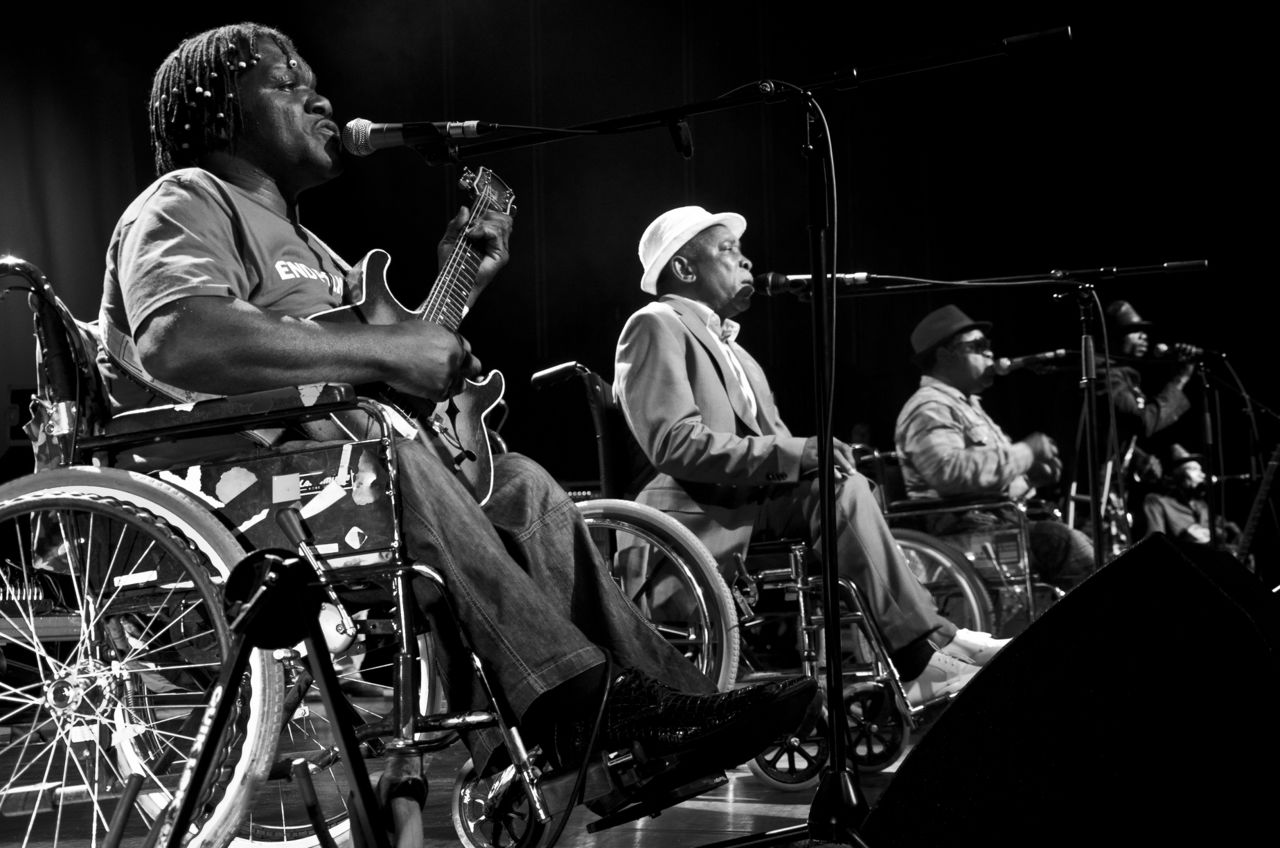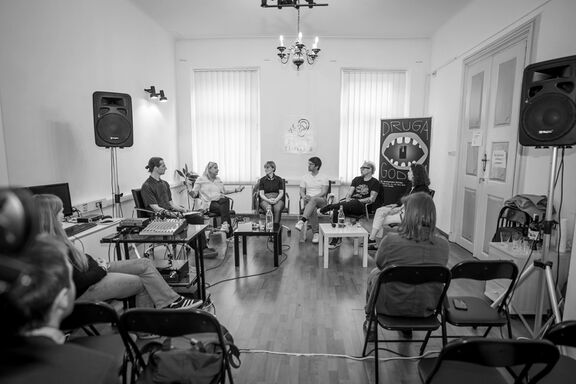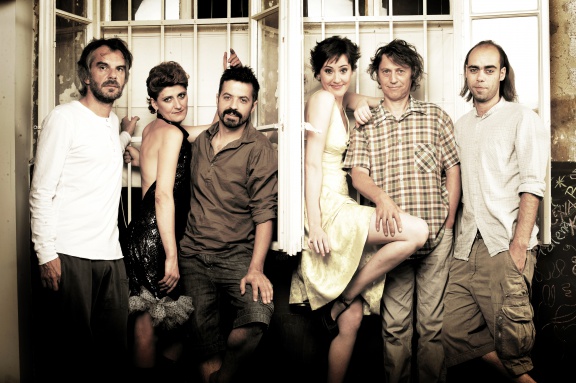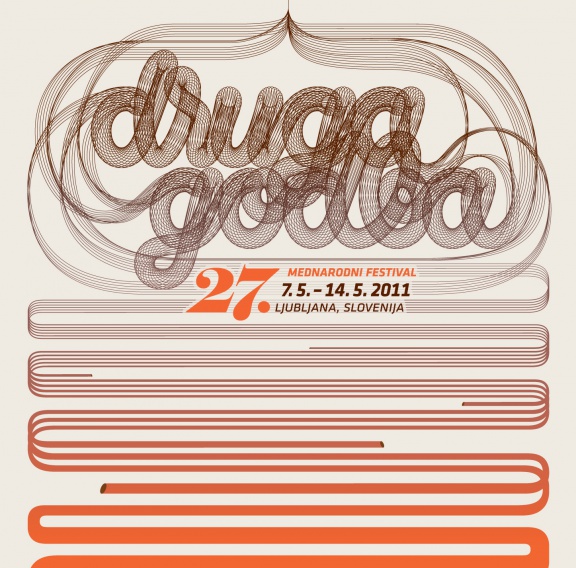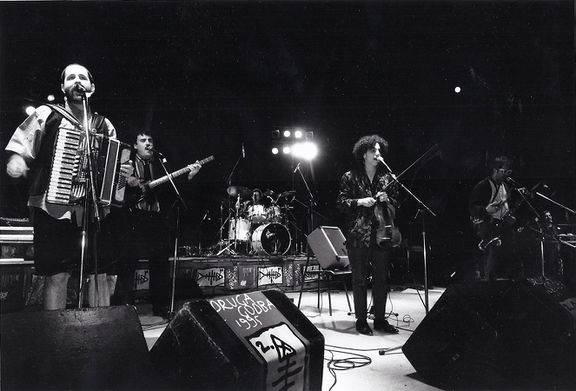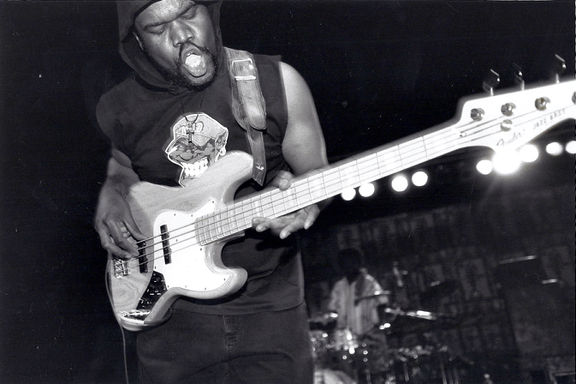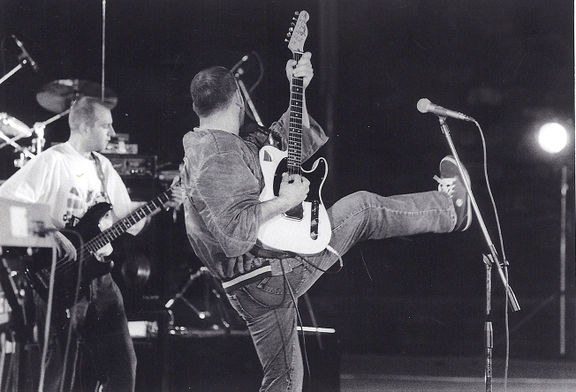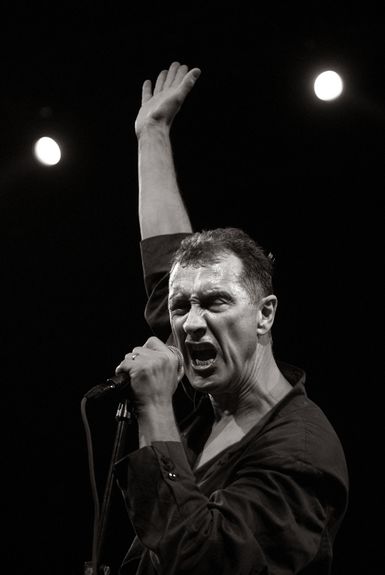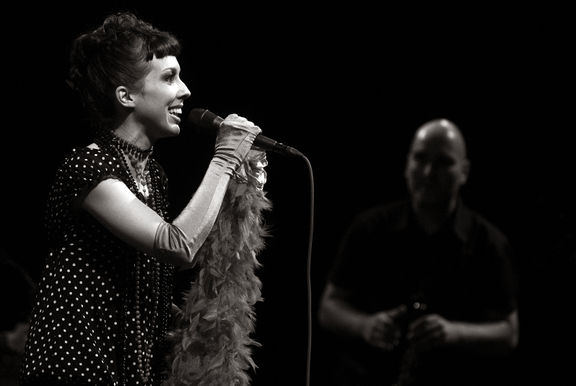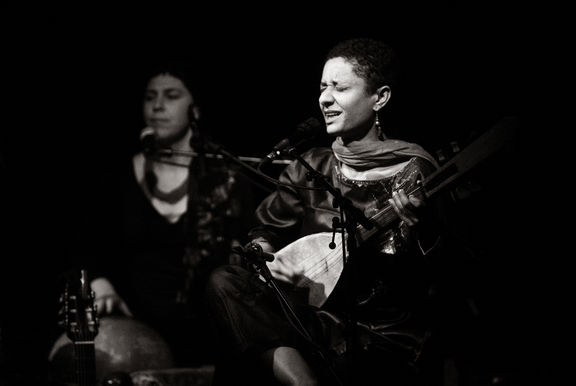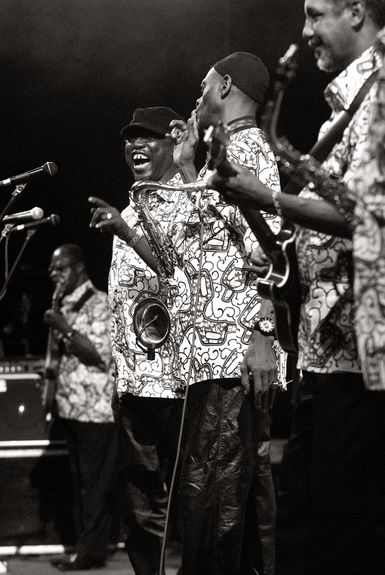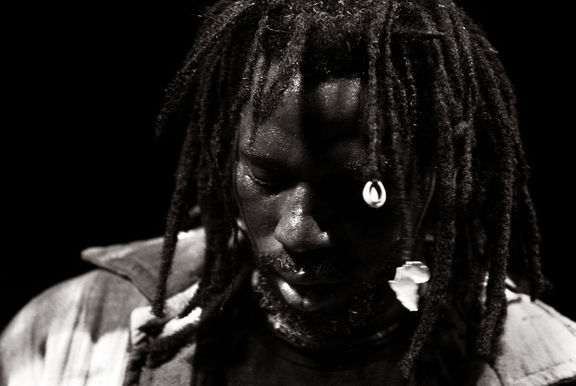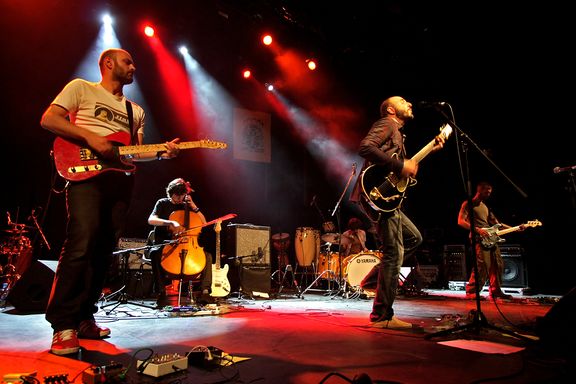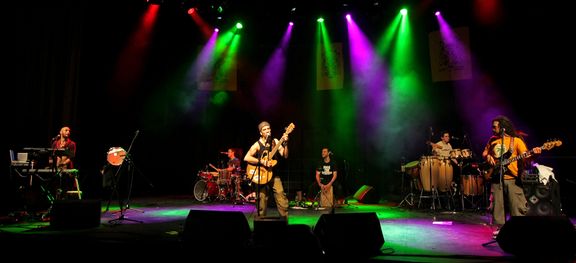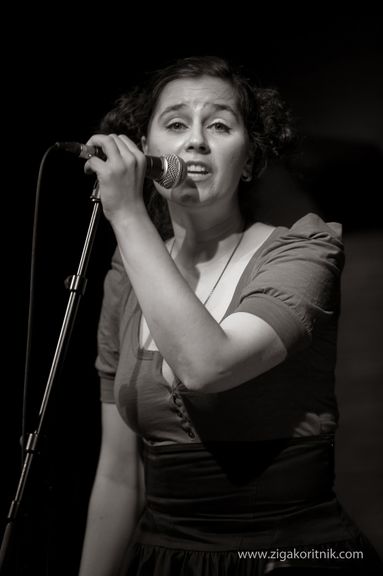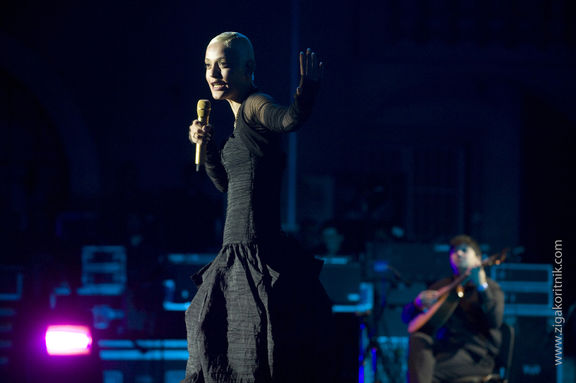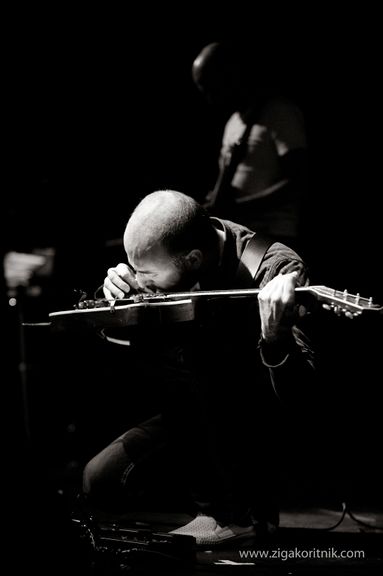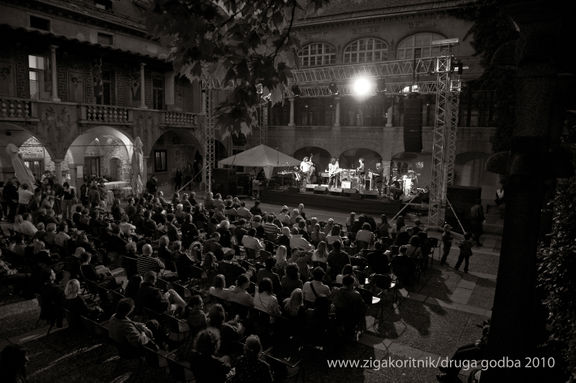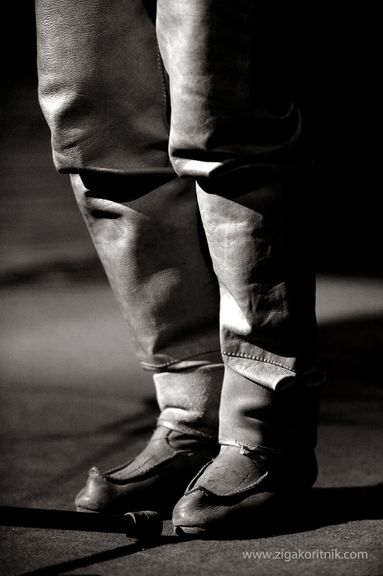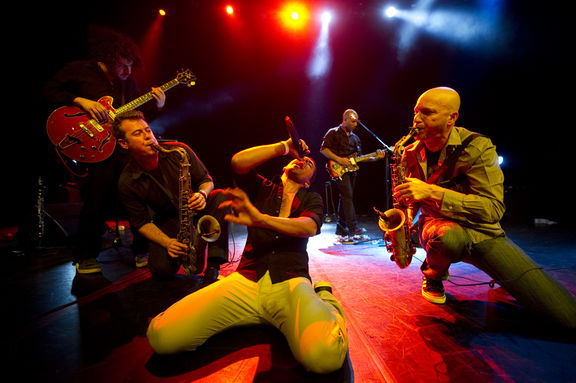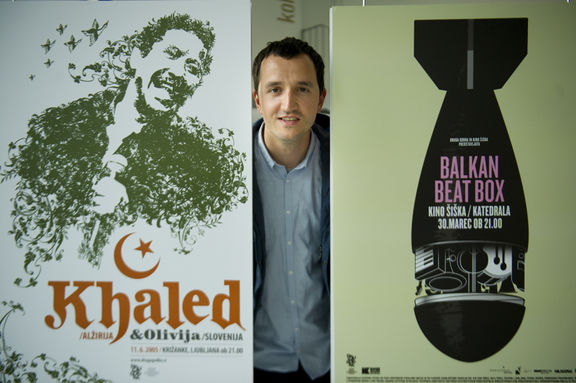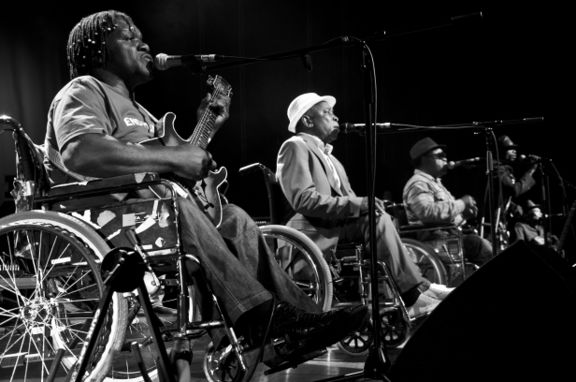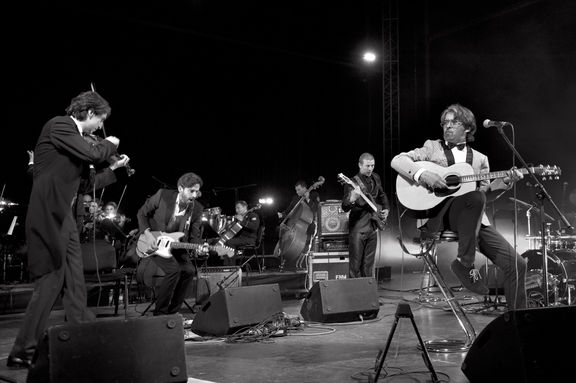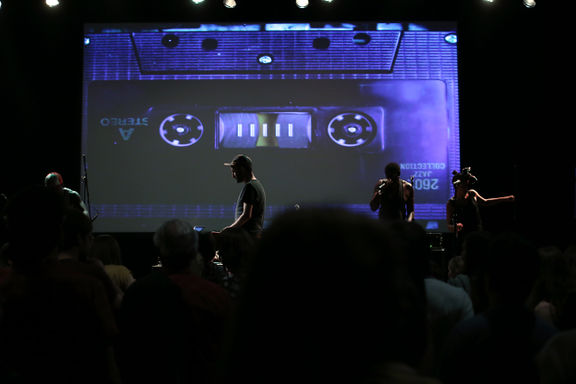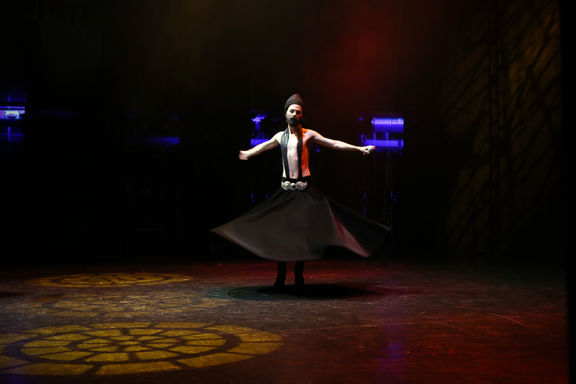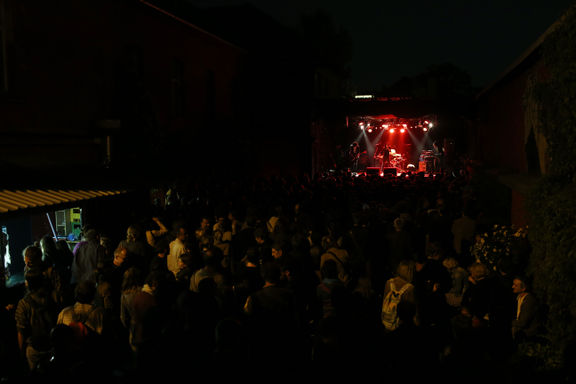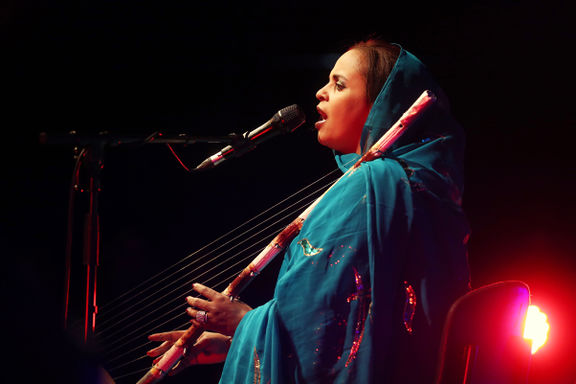Difference between revisions of "Druga godba Festival"
Anže Zorman (talk | contribs) (2020 date edit) |
|||
| Line 18: | Line 18: | ||
| dates and duration = May, June | | dates and duration = May, June | ||
| duration weeks = 19,20,21,22,23 (2012) 19 (2013) 22 (2014) | | duration weeks = 19,20,21,22,23 (2012) 19 (2013) 22 (2014) | ||
| − | | festival dates = 28.5.2015 - 30.5.2015, 26.5.2016 - 28.5.2016, 25.5.2017 - 27.5.2017, 24.5.2018 - 26.5.2018, 21.5.2019 - 25.5.2019, 11.9.2020 - 12.9.2020, | + | | festival dates = 28.5.2015 - 30.5.2015, 26.5.2016 - 28.5.2016, 25.5.2017 - 27.5.2017, 24.5.2018 - 26.5.2018, 21.5.2019 - 25.5.2019, 11.9.2020 - 12.9.2020, 11.12.2020 - 13.5.2021 |
| contacts = {{Contact | | contacts = {{Contact | ||
| name = Srečko Meh | | name = Srečko Meh | ||
Revision as of 18:16, 4 November 2020
-
to
25 Oct 2017
29 Oct 2017
A national stand presenting Slovene music, organised by SIGIC, Slovene Music Information Centre, presenting a new compilation CD Tuning into the World: Slovenia, participating also Cankarjev dom, Druga godba Festival, Okarina Festival Bled and Glitterbeat Records
at the WOMEX, the World Music Expo
{{#oembed:http://vimeo.com/129584513%7C576}}
History
At the outset its programme was primarily concerned with different kinds of "otherness in music": alternative rock, "rock in opposition", adventurous new jazz, improvised music and experimental music, as well as rediscovered Slovene folk music. Druga godba, its juicy name could be translated and written as "that other muzik", was the first festival in the former Yugoslavia to introduce popular musics and styles from the Third World, including reggae and various styles of African music. Gradually also other genres of ethnic music from both European and non-European cultural surroundings were included. Thus the festival was a pioneer in the region in presenting representatives of African, Arab, Latino popular music, even before the actual European "boom" of so-called "world music". The legendary WOMAD festival developed simultaneously, and during the 1980s both festivals cooperated creatively.
In the 1990s, when Slovene concerts and festivals became wider in scope, primarily in the field of rock and jazz, the programme of the Druga godba Festival focused on "world music" and ethno music, with other genres remaining present but not as wide in their scope (still, the first foreign hip hop concert in Slovenia, The Roots, was set up here). Besides its basic programme, Druga godba Festival has offered various accompanying events, including street animations and concerts, music workshops, events for children, exhibitions, film screenings and lectures.
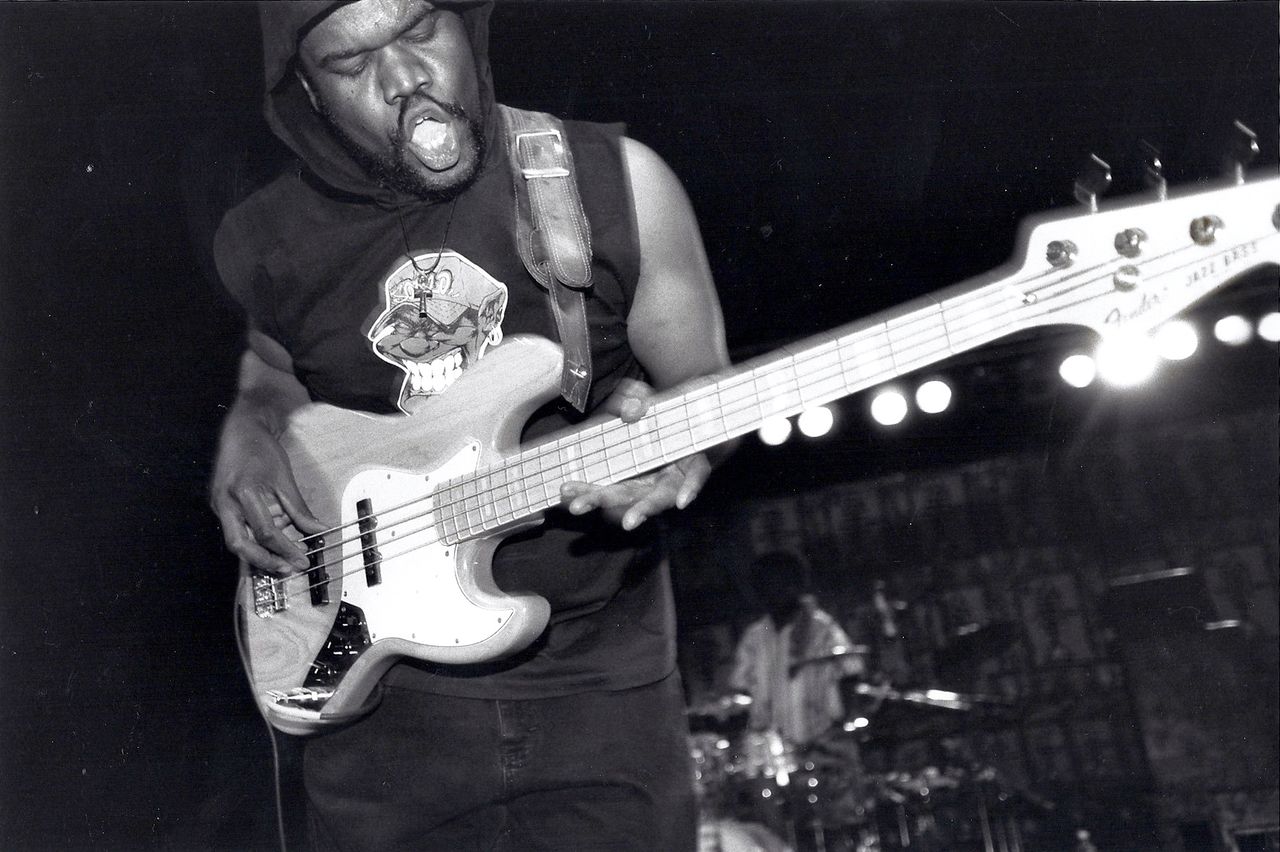 The Roots, guests of Druga godba Festival in 1995, were supposedly the first foreign hip hop band performing in Slovenia
The Roots, guests of Druga godba Festival in 1995, were supposedly the first foreign hip hop band performing in Slovenia
Programme and venues
Druga godba Festival has presented various artists and groups from numerous countries, among them: Pixies (US), Vinko Globokar (SI/FR), Remmy Ongala (TZ),Youssou N'Dour (SN), Afro-Cuban All Stars (CU), The Gun Club (US), The Lounge Lizards (US), Cheb Mami (DZ), Marc Ribot (US), Salif Keita (ML), Les Negresses Vertes (FR), Rachid Taha (DZ), Cesaria Evora (CV), Djivan Gasparjan (AM), Oumou Sangare (ML), Kimmo Pohjonen (FI), Trevor Watts Moire Music (UK/GH), Fundamental (UK), Tinariwen (Tuareg/ML), The Roots (US), Chicago Underground Duo (US), Baaba Maal (SN), Elliott Sharp (US), Hamza Shakur and Ensemble Al-Kindi (SY), Ned Rothenberg and Buckwheat Zydeco (US), Terrafolk (SI), Sam Mangwana (CD), Katalena (SI), Natacha Atlas (UK), Hasna El Becharia (DZ), Huun Huur Tu (MN), Khaled (DZ), Gotan Project (FR), Mariza (PT), Nuru Kane (SN), Andy Palacio (BZ), Bratko Bibič & The Madleys (SI), Orchestra Baobab (SN), Gétatchèw Mèkuria & The Ex (ET/NL), Rokia Traore (ML), Nneka (GE/NE), Hindi Zahra (FR), Mulatu Astatke (ET), Madredeus (PT), Orlando Julius & The Heliocentrics (NG/UK), Akua Naru (US) and tUnE-yArDs (US).
Druga Godba Festival cooperates regularly with other international organisations, cultural centres and embassies in devising its programmes and art exchange activities. Venues traditionally include Ljubljana's open air stage at Križanke, the Cankarjev dom Culture and Congress Centre, Kino Šiška Centre for Urban Culture and Metelkova mesto Autonomous Cultural Zone.
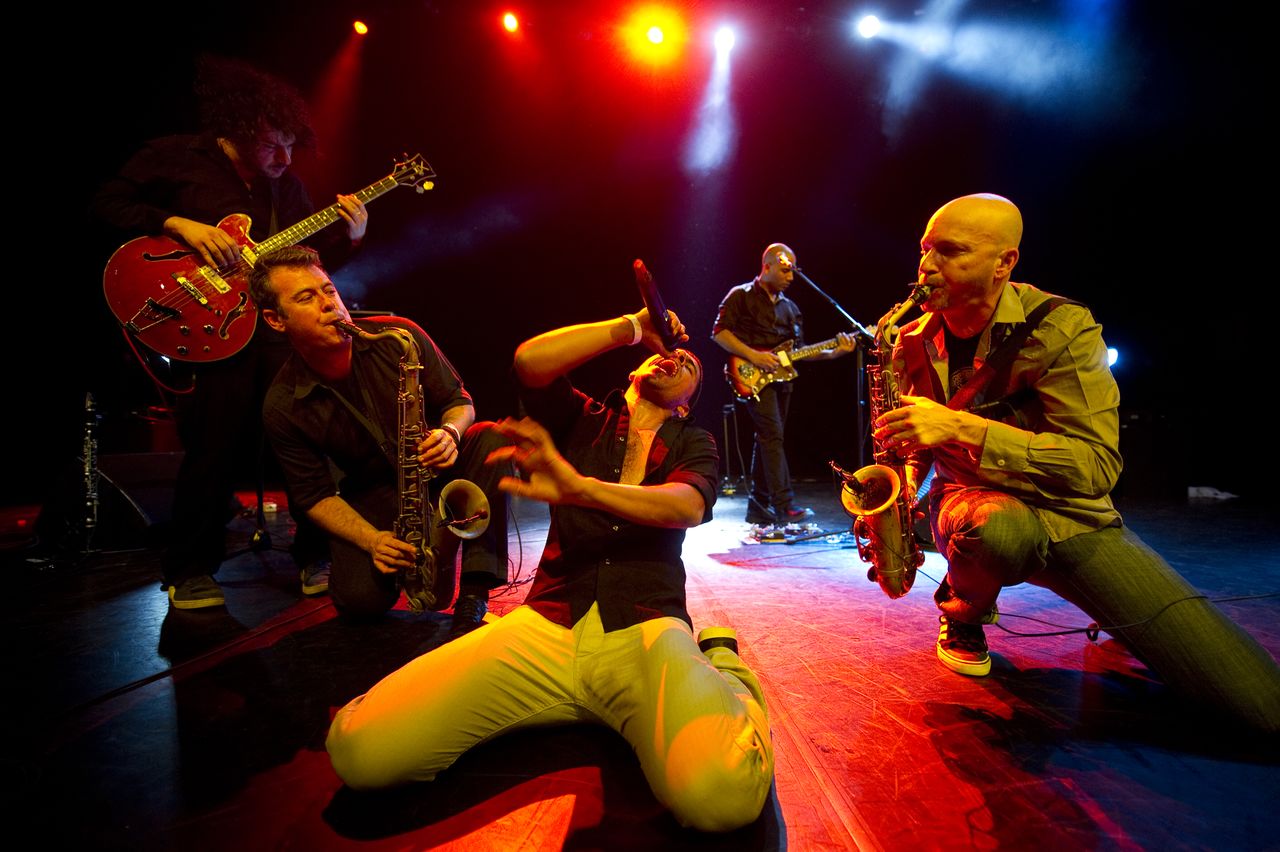 Balkan Beat Box performing at Kino Šiška Centre for Urban Culture, Druga Godba Festival, 2011
Balkan Beat Box performing at Kino Šiška Centre for Urban Culture, Druga Godba Festival, 2011
DruGod publishing label
Since 2004 Druga godba Ljubljana Institute's DruGod publishing label (the abbreviated DruGod means "elsewhere") releases an annal compilation which presents the artists of the Druga godba Festival. Also, some Slovene artists have released their albums for DruGod label. They are the folk revivalist singer Brina Vogelnik, jazz pianist Kaja Draksler, the bossa nova group Bossa de Novo, and Godalika. The label published also Bisergora children songs that have featured in the TV series of the same title.
In 2015, Druga godba published the annual compilation exclusively in the cloud.
See also
- Druga godba Ljubljana
- Kino Šiška Centre for Urban Culture
- Cankarjev dom Culture and Congress Centre
- Metelkova mesto Autonomous Cultural Zone
External links
- Druga Godba Festival website
- European Forum of Worldwide Music Festivals (EFWMF)
- The Druga godba festival profile in UK Songlines Magazine
- Druga godba on Bandcamp
Gallery
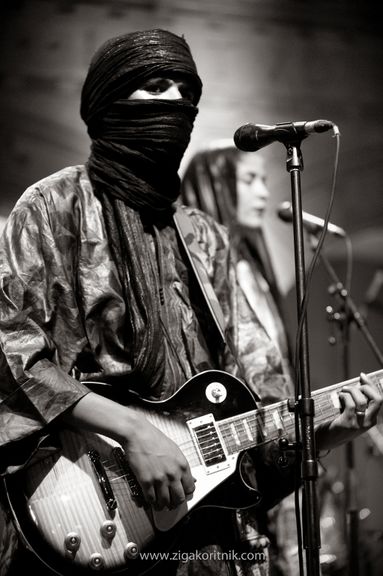 Dirtmusic (New York/ZDA, Melbourne/Avstralija, Ljubljana/Slovenija) and
Dirtmusic (New York/ZDA, Melbourne/Avstralija, Ljubljana/Slovenija) and




